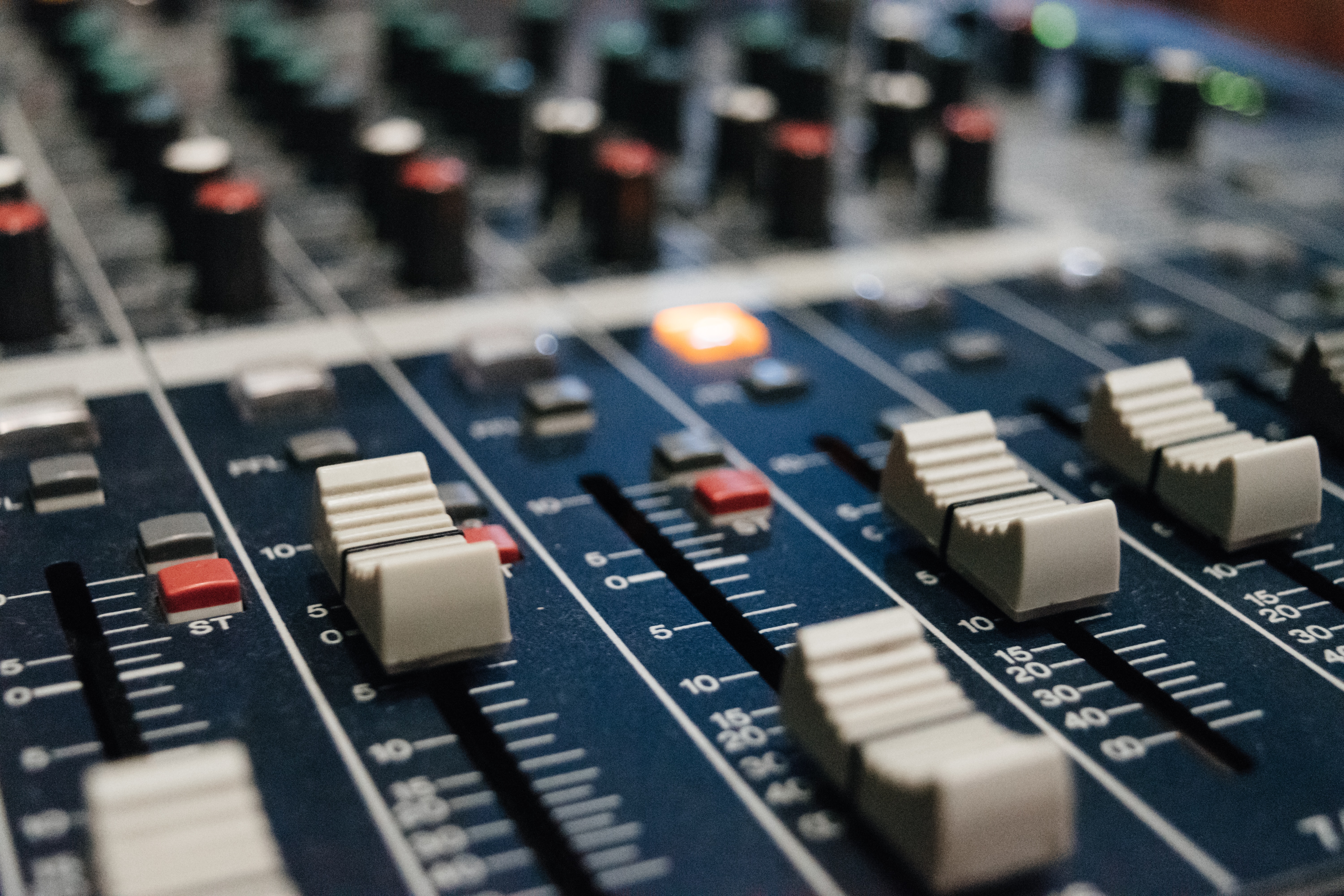Copyright laws exist to protect the rights of creators and ensure fair compensation for their work. However, in the realm of music, many aspiring artists and content creators wonder if editing or remixing a song can provide a loophole to avoid copyright infringement?

Understanding Copyright Basics
Copyright grants exclusive rights to the creators of original works, including music. These rights encompass reproduction, distribution, public performance, and creation of derivative works. Once a song is created and fixed in a tangible form, such as a recording, it is automatically protected by copyright.
Remixing and Editing Songs
Remixing involves altering or reworking an existing song to create a new version with added elements, different arrangements, or stylistic changes. Editing, on the other hand, typically refers to modifying certain aspects of a song, such as its length or structure.
Transformative Use: Remixing a song may be considered a transformative use, where the original work is significantly modified to create a new, distinct piece. Transformative works can sometimes be protected under the fair use doctrine, which allows limited use of copyrighted material without permission for purposes such as criticism, commentary, or parody. However, determining fair use can be complex, and it's crucial to consider the purpose, nature, amount, and effect of the remix in relation to the original work.
Sampling and Clearances: Remixing often involves sampling, which is the use of a portion of an existing song in a new composition. Sampling without proper clearance or permission from the copyright holder can lead to copyright infringement. Obtaining licenses or clearance for sampled elements is essential to ensure legal and ethical use of copyrighted material.
Derivative Works: Remixes and edited versions of songs are considered derivative works, which are subject to copyright protection. Creating a derivative work typically requires obtaining permission from the original copyright holder. Without proper authorization or licensing, releasing a remix or edited version of a copyrighted song can result in copyright infringement claims.

Legal Considerations
While remixing and editing songs can be a creative and transformative process, it does not provide a foolproof method to avoid copyright infringement. Copyright laws are in place to protect the rights of creators, and unauthorized use of copyrighted material can lead to legal consequences. To remix or edit songs legally, obtain proper permissions from the copyright holder, explore Creative Commons-licensed material, or use royalty-free or copyright-free music. By respecting copyright laws and obtaining necessary permissions, you can engage in creative endeavors while respecting the rights of artists and creators.